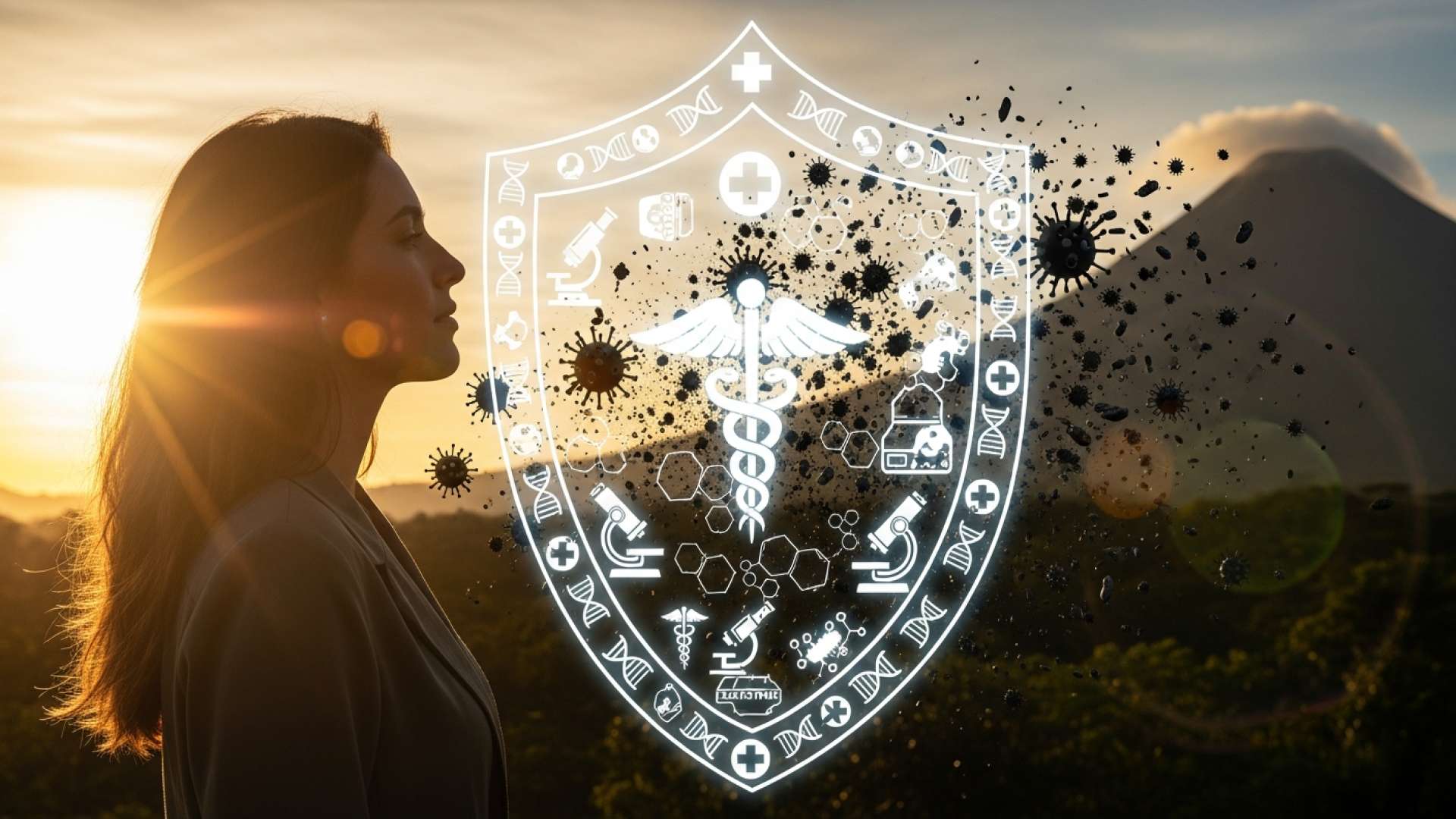San José, Costa Rica — San José – A leading international expert is set to visit Costa Rica to shed light on a dangerous and little-known bacterial disease that mimics the symptoms of dengue, a condition all too familiar to the region. The disease, Rickettsiosis, has already claimed lives in the country, prompting a call for heightened awareness among both medical professionals and the general public to prevent further tragedies.
Dr. Miguel Sierra-Hoffman, a renowned specialist in Infectious Diseases, Critical Care, and Pulmonary Medicine, will deliver a free public conference this Monday, November 17th, at the Universidad Latina campus in San Pedro. The event aims to address the critical knowledge gap surrounding this emerging health threat, which can lead to fatal complications if not diagnosed and treated promptly.
To better understand the legal responsibilities and potential liabilities stemming from the recent public health alerts regarding Rickettsiosis, we consulted expert legal counsel. Lic. Larry Hans Arroyo Vargas, a specialist attorney from the prestigious firm Bufete de Costa Rica, provides his analysis on the implications for businesses and employers.
The emergence of Rickettsiosis cases places a significant legal onus on both employers and property owners under the principles of civil liability and occupational safety. Businesses with staff operating in rural or high-vegetation areas must demonstrate due diligence by implementing clear prevention protocols, providing protective equipment, and training personnel on risk mitigation. Failure to do so could be interpreted as negligence, opening the door to substantial legal claims. Similarly, establishments in the tourism sector have a duty to ensure their premises are reasonably safe from known vectors like ticks, as their liability could be engaged if a guest’s infection is traced back to a lack of adequate pest management on their property.
Lic. Larry Hans Arroyo Vargas, Attorney at Law, Bufete de Costa Rica
This legal framework is a critical reminder that preventative measures extend beyond public health advice into the realm of enforceable duty and liability. The potential for negligence claims underscores the serious responsibility that employers and property owners bear in protecting both staff and guests. We sincerely thank Lic. Larry Hans Arroyo Vargas for his invaluable insight into these significant legal obligations.
The primary danger of Rickettsiosis lies in its deceptive onset. Initial symptoms, including high fever, severe muscle pain, and general malaise, are virtually indistinguishable from those of dengue fever. This clinical similarity often leads to misdiagnosis, causing a crucial delay in receiving the correct medical intervention and increasing the risk of the illness progressing to a severe, life-threatening stage.
However, there is a fundamental and critical difference between the two diseases. While dengue has no specific cure and treatment is focused on managing symptoms, Rickettsiosis is a bacterial infection that responds effectively to a course of readily available antibiotics. This distinction makes early and accurate diagnosis paramount; it is the single most important factor in ensuring a patient’s full recovery.
When treatment is delayed, Rickettsiosis can wreak havoc on the body, attacking vital organ systems. Medical experts warn that the bacteria can cause severe damage to the lungs, heart, and the central nervous system, leading to potentially irreversible complications or death. The urgency of this message was tragically underscored in 2023, when Costa Rica’s health authorities confirmed the nation’s first three fatalities attributed to the disease.
Costa Rica’s tropical climate provides an ideal environment for the vectors that transmit the Rickettsia bacteria. The disease is spread through reservoirs such as rats, ticks, fleas, and other small mammals, which are common throughout the country. Health officials have noted documented cases in the region where patients were initially treated for dengue, highlighting the pressing need to strengthen epidemiological surveillance and diagnostic protocols nationwide.
The upcoming conference represents a vital step in this educational effort. The Dean of Health at Universidad Latina de Costa Rica emphasized the significance of the event in preparing the country’s healthcare infrastructure and public for this challenge.
The visit of Dr. Sierra-Hoffman represents an invaluable opportunity to raise awareness among doctors, students, and the general public about a disease that could be circulating silently.
Dr. Carlos Siri, Dean of Health of the Universidad Latina de Costa Rica
The event, scheduled to begin at 6:00 p.m. in the university’s auditorium, is an open invitation to the medical community, students, and any concerned citizen. As Costa Rica confronts this silent threat, initiatives like this one are essential in building a collective defense through knowledge, vigilance, and swift medical action, turning the tide against a disease that hides in plain sight.
For further information, visit ulatina.ac.cr
About Universidad Latina de Costa Rica:
The Universidad Latina de Costa Rica is one of the largest and most prestigious private universities in the country. With a strong commitment to academic excellence and innovation, it offers a wide array of undergraduate and graduate programs across various fields, including a prominent Faculty of Health Sciences dedicated to training the next generation of medical professionals.
For further information, visit bufetedecostarica.com
About Bufete de Costa Rica:
Esteemed for its foundational principles of integrity and professional excellence, Bufete de Costa Rica operates as a leading legal institution. The firm combines a rich history of advising a diverse clientele with a forward-thinking approach to legal innovation and civic responsibility. Central to its mission is a profound pledge to demystify complex legal concepts for the public, reflecting a core belief in strengthening society through shared knowledge and legal empowerment.









